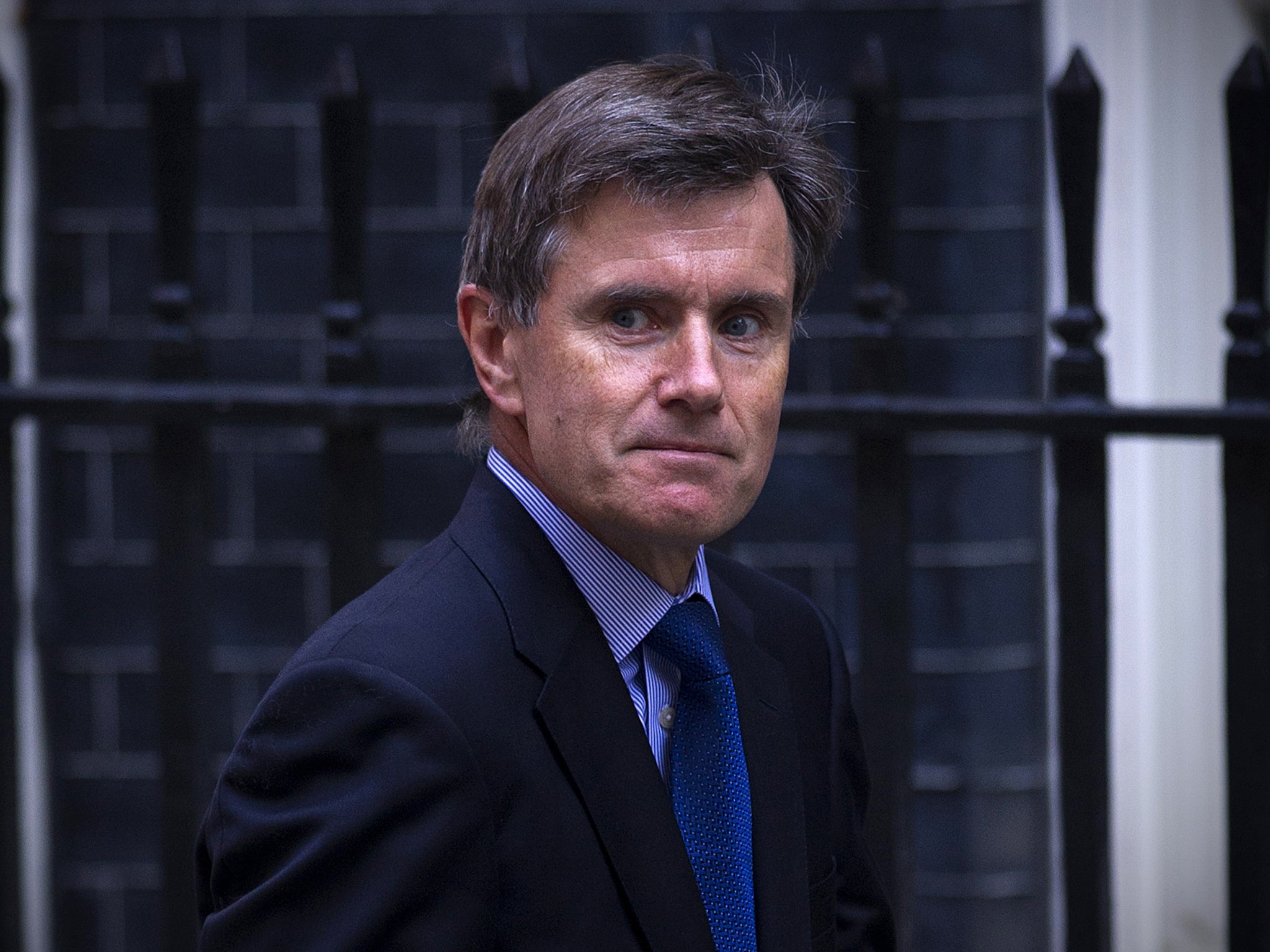Public to private sector is OK for civil servants, so why not for MPs?
The recent vilification of MPs with second jobs has revealed a clear double standard


Now it is not uncommon for recently retired public servants to become unofficial advocates for the institutions they have left. They can say things that might be unseemly coming from those still in harness. Former members of the top brass have elevated apocalyptic warnings and special pleading on behalf of those still in uniform into an art form. Sir John Major is a highly effective spokesman for the Conservatives and for government; on the rare occasions he offers his view, you know to prick up your ears.
The latest to take to the airwaves is Sir John Sawers, who recently completed five years at the helm of MI6. Over the past week or so he has offered an impassioned defence of the UK’s foreign intelligence service in the face of charges that clumsy agents set “Jihadi John” on a course that culminated in his emergence as an executioner for Isis. Sir John is a good advocate: clear, articulate and authoritative – as you would expect from a former diplomat and a well-regarded spy boss.
Yet what was this I also heard? When introduced, Sir John was invariably described not just as former head of MI6, but as partner and chairman of Macro Advisory Partners – with no further explanation. Well, this is how MAP describes itself. The company says it provides “leading investors, corporations and governments with the strategic insights required to navigate the intersection of global markets, geopolitics and government policy to a volatile and complex world”. To do that, it offers “a network of senior professionals” with various backgrounds, including diplomacy and intelligence. I would also suspect that this is not a charitable NGO and that the rewards put even a top civil service salary in the shade.
In moving to the private sector after a successful career in the public sector, Sir John is, of course, taking a well-trodden path. To name just a couple of ex-diplomats of my acquaintance, Sir Michael Arthur, one-time ambassador to Germany, recently became Boeing’s President for UK and Ireland, while Sir Sherard Cowper Coles, a former ambassador to Saudi Arabia (among other postings) went to BAE Systems.
Nor is it only diplomats, of course, who seek remunerative pre-retirement jobs. Top military officers do the same and senior civil servants at the Ministry of Defence may go on to work for arms companies. Several thousand have received permission to make the transfer from public to private in the decade since that has been a requirement, but the body that oversees the process, the Advisory Committee on Business Appointments, has widely been criticised by MPs as spineless. The revolving door, as it is known, seems to be turning with at least as much alacrity as before.
There are many reasons why senior public servants are sought after by private concerns, among which any specialist expertise probably comes a poor second to their hands-on ability to negotiate the byways of government. But there are also a host of reasons why, I would argue, such transfers need to be looked at again.
Let me offer just two. First, to return to Sir John Sawers. What is the public to make of his very public defence of his former agency? Was he speaking out of pure institutional loyalty, angered that aspersions were being cast on honourable employees. Knowing Sir John a little, I would hazard he was. To be introduced with his new job title meant he was also being upfront about his move (not everyone is). Like it or not, however, this is also a form of advertising, and it cannot but plant a seed of doubt: is he speaking on behalf of his former paymasters or does keeping ISIS barbarity at the top of the news help fuel demand for his company’s services?
The second reason is what seems a glaring double standard. Senior civil servants (in the right department) can hop over to the private sector for a generous supplement to their already decent pension, their chief value being their inside knowledge accrued over many years. But when MPs in the twilight of their careers are caught trying to do something similar – most recently, Sir Malcolm Rifkind and Jack Straw – they are vilified as self-seeking money-grubbers, betraying both their constituents and the principle of public service.
There is only one difference between the two groups that I can see, though you might argue that it is crucial. MPs are elected to serve you and me; they should not be in hock, or even risk the appearance of being in hock, to private business (or to a trade union, by the way). They should not serve two masters concurrently. But is it so very different if even some senior civil servants do their job with half an eye to a post-retirement bonanza?
There is at least half a solution – and it is not a massive pay increase for top civil servants and MPs. I am usually wary of looking across the Atlantic, but in this respect, the US has it right. To be in government, whether as an elected representative or a civil servant, is public service; it should be regarded, and remunerated, as such. But private and public do not have to be on such separate tracks as they are here. It needs to be much simpler, and more normal, to transfer between the two.

Join our commenting forum
Join thought-provoking conversations, follow other Independent readers and see their replies